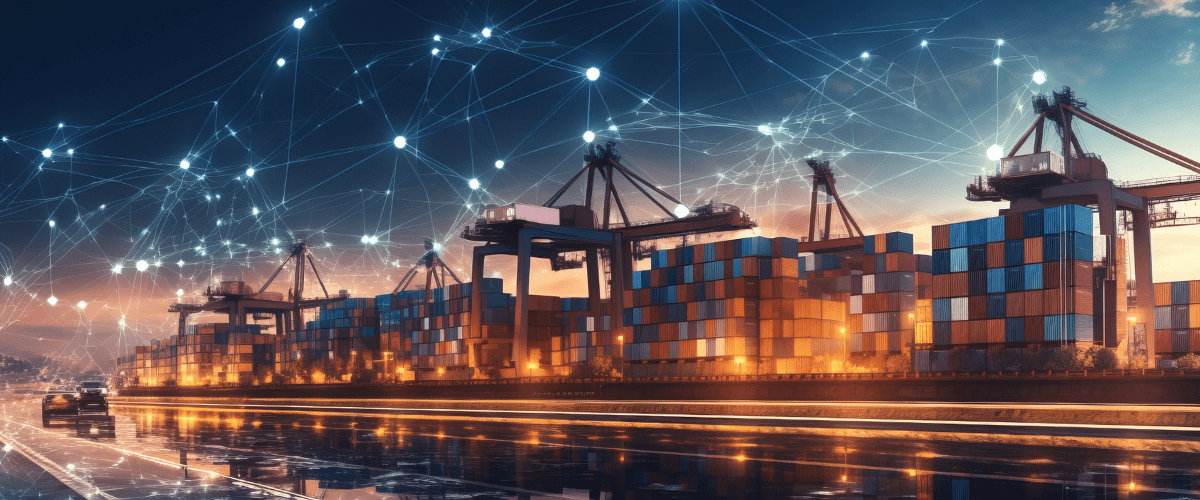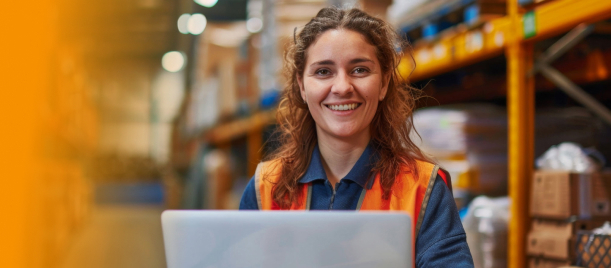Introduction
The customs clearance process can be complicated and fraught with risks and challenges.
Considering that all goods and products that are internationally transported have to go through customs in both the exporting and the importing countries, it is evident that Customs departments worldwide have to scrutinize a very high number of documents, besides conducting physical inspections.
To effectively and efficiently cope with the heavy workload, Customs officials have put in place comprehensive processes and documentary requirements for exporters, importers, freight forwarders, and customs brokers to follow.
The onus of complying with these requirements is upon the importers, exporters, and their agents (such as freight forwarders or customs brokers).
The consequences of non-adherence with these regulations can be quite severe, ranging from monetary fines to seizure of goods to other penalties, which could have commercial and operational ramifications for the importer. Given the stringency of customs procedures, even inadvertent errors render the importer liable to these penalties.
In a recent case, two importers of e-bikes were charged with a €6.6 million customs fraud. While the European Public Prosecutor’s Office (EPPO) in Brussels is investigating the allegations, if found guilty, the defendants face between four months to five years in prison, along with a fine of five to ten times the evaded customs duties.
The above instance highlights how crucial it is for importers and customs brokers to ensure complete compliance with all the stipulated formalities, to avoid delays in clearance and imposition of penalties.
Consequences of non-compliance with Customs regulations
In today’s increasingly globalized world, where interdependent supply chains and geographically dispersed markets have propelled international trade to new heights, companies are increasingly focused on overseas markets, which ipso facto implies a greater need to ensure compliance with customs regulations.
A study of British businesses revealed that 54% of respondents considered international trade as their single biggest opportunity; however, 70% of these firms had no plans in place to avoid risks associated with customs compliance.
In this scenario, it is even more critical for importers and customs brokers to keep themselves abreast of Customs requirements in each of their markets, to ensure a smooth flow of goods.
The absence of a structured workflow and lack of knowledge regarding applicable regulations will render the task of customs compliance more difficult, leading to a corresponding increase in the probability of Customs violations, arising from procedural lacunae, administrative lapses, and human ignorance, thus exposing importers and customs brokers to avoidable risks.
In the US, companies that have been fined for breaching customs regulations include Ford Motor Company, Trek Leather, Titan Metals Corporation, and Univar USA, INC.
Common causes of Customs violations
While there are considerable complexities in customs procedures, the bulk of violations can be attributed to certain common causes, which are explained below:
1) Documentation Errors:
The mass of paperwork involved in importing cargo, with unique documentary requirements for various commodity groups and sub-categories thereof, is difficult to navigate for the average importer or customs broker.
Difficulties associated with collating data from disparate documents, which are in diverse and non-standardized formats, further complicate the task of submitting information to customs.
Inaccurate or incomplete documentation can result in costly delays in the customs clearance process.
2) Tariff classification and valuation:
Apart from having different procedures and documentary requirements for different classes of commodities, the rate of duties levied thereupon could also vary considerably.
Therefore, while exporting or importing any commodity, it is of utmost importance that the goods be classified correctly, in accordance with the Harmonized System (HS) codes.
Misclassification of goods could result in the levying of wrong rates of duties and underpayment or overpayment of customs duties. While underpayment of duties can lead to the imposition of fines and penalties, in the case of overpayment of duties, claiming a refund can be time-consuming.
3) Compliance and Regulatory Changes:
Customs regulations are frequently amended, in response to changing trade scenarios and the country’s economic policies.
In the current volatile eco-political environment, where sanctions and countersanctions are imposed with alarming regularity, importers can expect repeated amendments to customs regulations and documentary requirements and therefore proactively seek information regarding such changes to ensure that their consignments comply with the regulations that are in force at the time of shipment.
Considering the rate of regulatory changes, this can be an arduous task, where even the smallest omission or act of negligence can result in inadvertent customs violations.
How KlearNow.AI can help mitigate these risks
KlearNow’s AI-powered proprietary platform simplifies the customs clearance process and aids the importer or customs broker in complying with applicable regulations.
The platform has several functionalities that help importers and customs brokers achieve this, with the notable ones being:
1) Automated document verification for accuracy:
The platform offers Intelligent Document Processing capabilities to decipher multiple documents, extract relevant information therefrom, and collate data to be submitted to Customs, in the prescribed format. The automation of the document handling process eliminates the possibility of human errors or mistakes due to oversight and increases accuracy rates significantly.
2) Real-time regulatory updates for compliance:
KlearNow’s platform provides real-time updates on various tasks and timelines related to the customs process. This vastly minimizes the risk of inadvertent violations.
3) Process optimization for timely and accurate duty payments:
Due to the automation and streamlining of the customs clearance process, Licensed customs brokers spend more time on goods classification reviews, and applicable duties being calculated accurately, which ensures that duty payments are made on time.
4) Natural Language Reporting for timely action, globally:
Using KlearNow’s advanced reporting platform, create any report you need from any field our AI / ML engine captures from your documents. Combine information from all your customs brokers into a single report allowing KPI management and overall visibility. All of these reports are based on Natural language processing without the need to build complex reports. E.g. typing in “Show me all the red sofas I imported last month” creates a report that brings back this Sku description.
5) Data-driven decisions for smoother processes:
As documents and data are digitized and stored in a standardized format, it is easier to compile and retrieve information. This makes it easier to analyze data for insights and trends, which improves the quality of decision-making since it is now data-based.
6) Efficiency and Speed for timely delivery:
The cumulative effect of leveraging the above-mentioned functionalities is manifested in the form of greater levels of operational efficiency, which in turn is reflected in the faster delivery of cargo. With IDP and automated submissions, the customs broker can ensure prompt and accurate provision of supporting paperwork to Customs, due to which the clearance process is expedited.
KlearNow’s customized products for Importers and Customs Brokers
To smoothen the process of customs clearance and help importers and customs brokers move goods with minimum delays, KlearNow offers solutions that are specifically designed to optimize the clearance process.
These include KlearHub360 and Customs Engine, both of which ease supply chain bottlenecks by digitizing paper-based transactions. Importers can use Customs360 to access a KlearNow Marketplace of licensed customs brokers, including KlearNow in the UK, Canada, Spain, and the Netherlands, to clear their goods.
Customs Brokers can use Customs Engine, an AI/ML-powered platform to simplify complex customs clearance and transform all trade documents into meaningful data for validation and pre-populating customs filing documents.
To learn how KlearNow can help your business, please click here.

